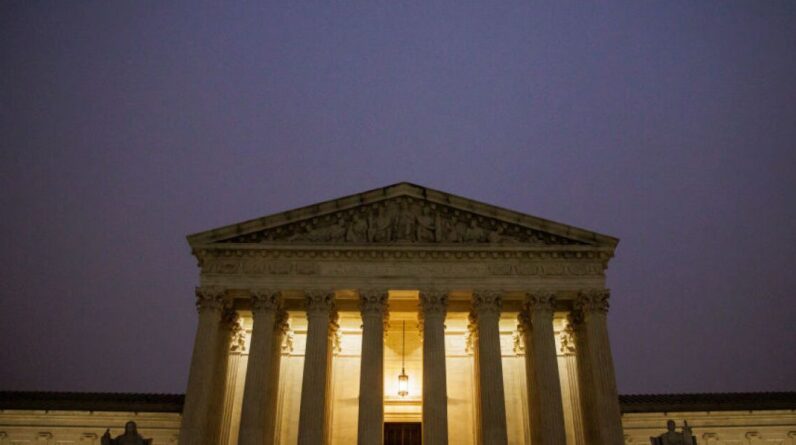
On June 15, the US Supreme Court upheld the constitutionality of the Indian Child Welfare Act in a 7-2 decision. The ruling preserves a 35-year-old law intended to address the harm caused by the federal government’s boarding school program by prioritizing the placement of Alaska Native and American Indian children in tribal homes.
Alaska Native leaders and the state of Alaska praised the verdict, with praise pouring in from all corners of the state.
“Like most Alaska Native and American Indian tribes across the country, we have been anxiously awaiting this decision,” Julie Kitka, president of the Alaska Federation of Native Americans, said in a prepared statement. “The wait is over and victory is ours. Our ways of life will continue through our children.”
ICWA, as the welfare act is commonly known, guides many, if not most, of the adoption and child custody cases that come through Alaska’s state courts. The case also tested the legal principle that tribes are sovereign governments with the same standing as the state or federal government.
Dozens of Alaska’s federally recognized tribes joined a friend of the court brief last year that urged the Supreme Court to uphold the law.
“Today, the Supreme Court upheld ICWA, and today they upheld tribal sovereignty,” said President Richard Chalyee Éesh Peterson of the Tlingit and Haida Indian Tribes of Alaska, one of the tribes that signed the brief. “Our sovereignty was tested, and it was ICWA that won the day and was our truest expression of our sovereignty. Our staff are on the front lines. Their work preserves our families, and that is, indeed, our responsibility to protect and defend our citizens.”
Alex Cleghorn, chief operating officer of the Alaska Native Justice Center, said in a prepared statement: “This decision correctly recognizes tribal sovereignty and self-determination. It is an important victory for Alaska tribes, children Alaska Natives, Families, and the Future of Alaska Native Culture.”
In 2021, the state of Alaska joined other states a friend of the court brief which urged the justices to uphold federal law. This saw Alaska make unusual alliances with California, Massachusetts, New York and other predominantly Democratic states.
“Our commitment to partnership, communication and collaboration with Alaska tribes is unwavering,” Alaska Attorney General Treg Taylor said in a prepared statement.
“We understand and appreciate the value tribes bring to child welfare in Alaska. Together, the State of Alaska and tribes have established the Tribal-State Collaborative Group and the Alaska Tribal Child Welfare Compact to work together to better serve Alaska Native and American Indian families.In terms of the day-to-day practice and application of ICWA in Alaska, nothing appears to have changed and the decision underscores our commitment to ‘partnering with tribes to improve outcomes for tribal children and families,’ Taylor said.
Rep. Mary Peltola, D-Alaska, and Sen. Lisa Murkowski, R-Alaska, also praised the verdict, with Murkowski calling it “a victory for Native people.”
Peltola, who is an Alaska native, said she was “delighted” with the Supreme Court’s decision.
“This decision provides certainty and security for children and families across this country and respects the basic principles of self-government for Native American tribes,” Peltola said in a prepared written statement. “This is an important step in continuing the intergenerational healing process of long histories of separation and loss and a victory for tribal advocates everywhere. I look forward to strengthening ICWA and ensuring that children everywhere can stay with their families and loved ones.”
[ad_2]
Source link





